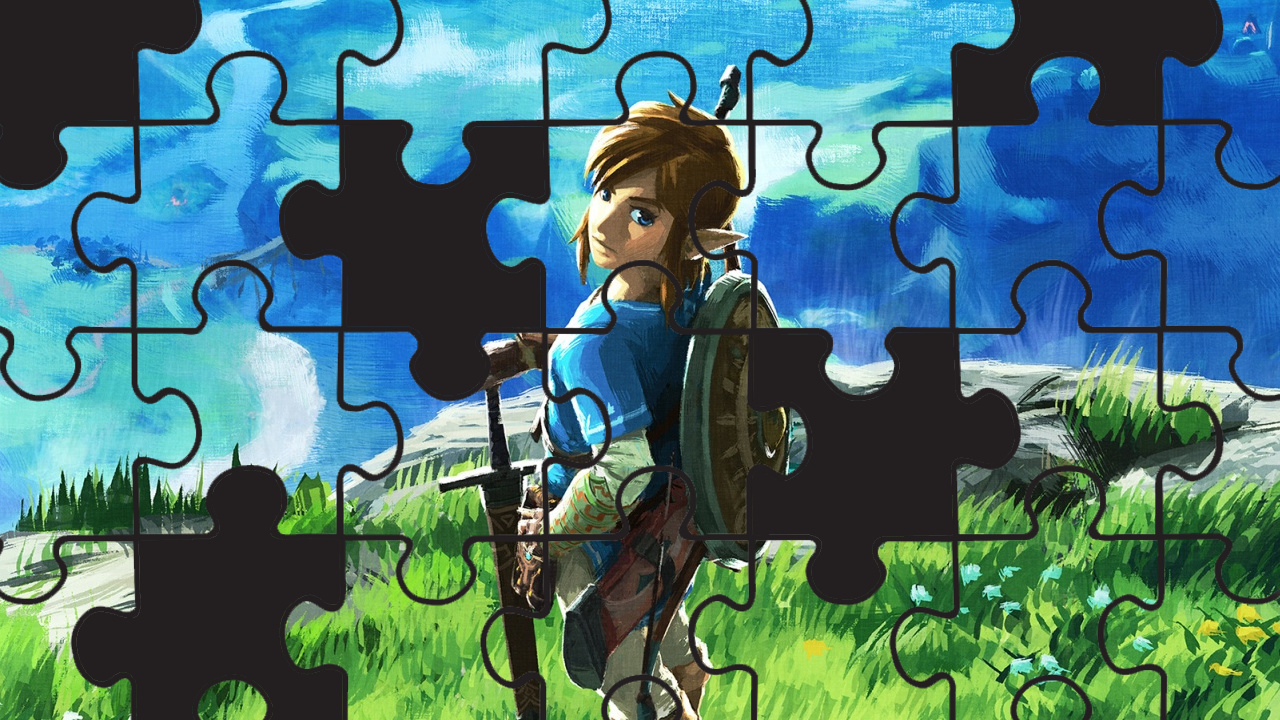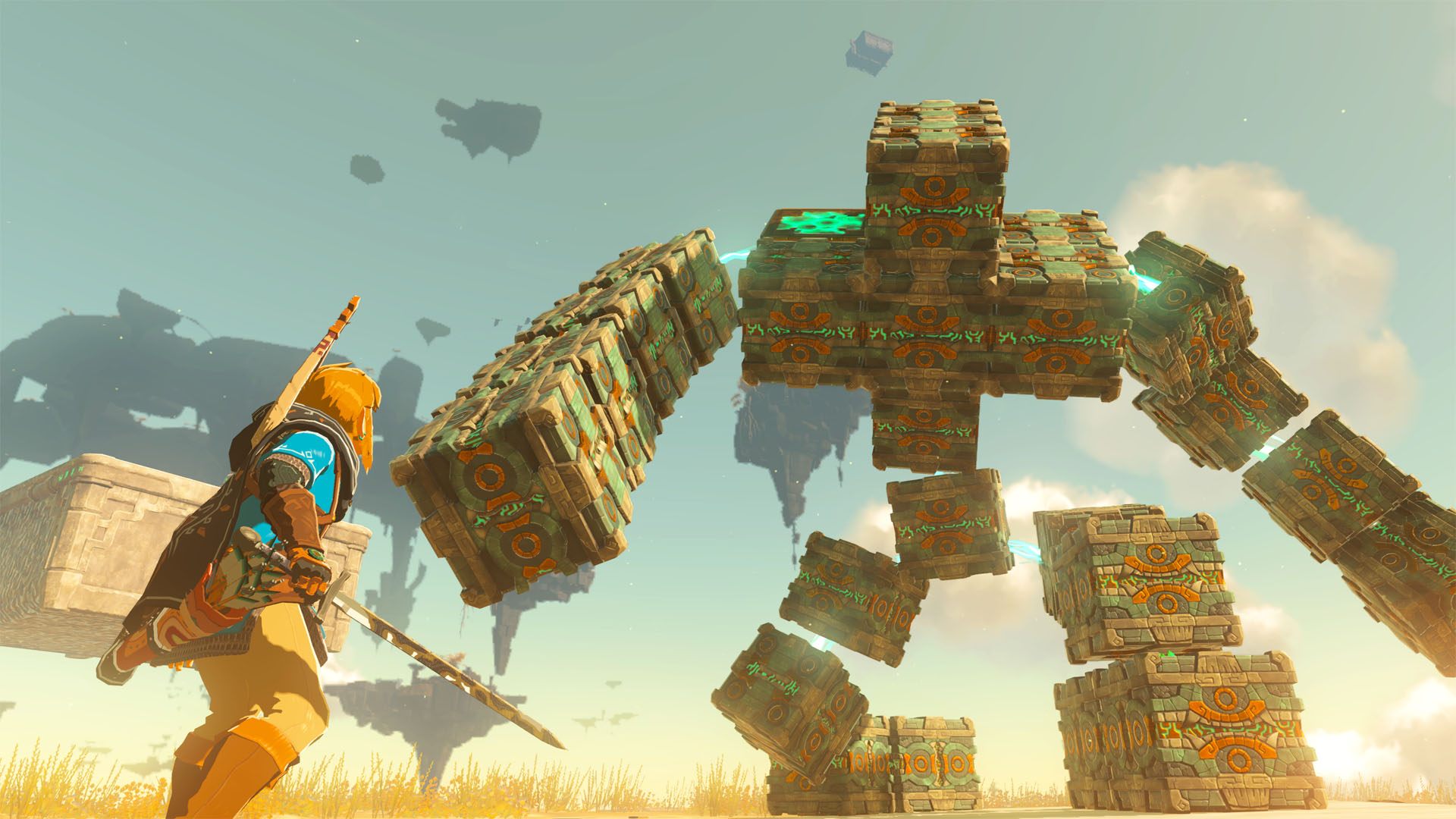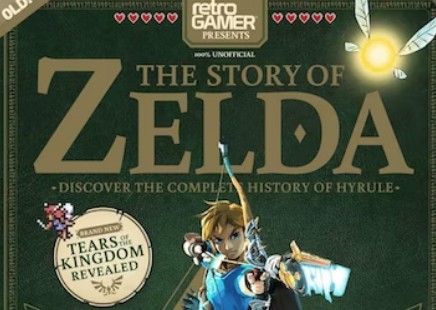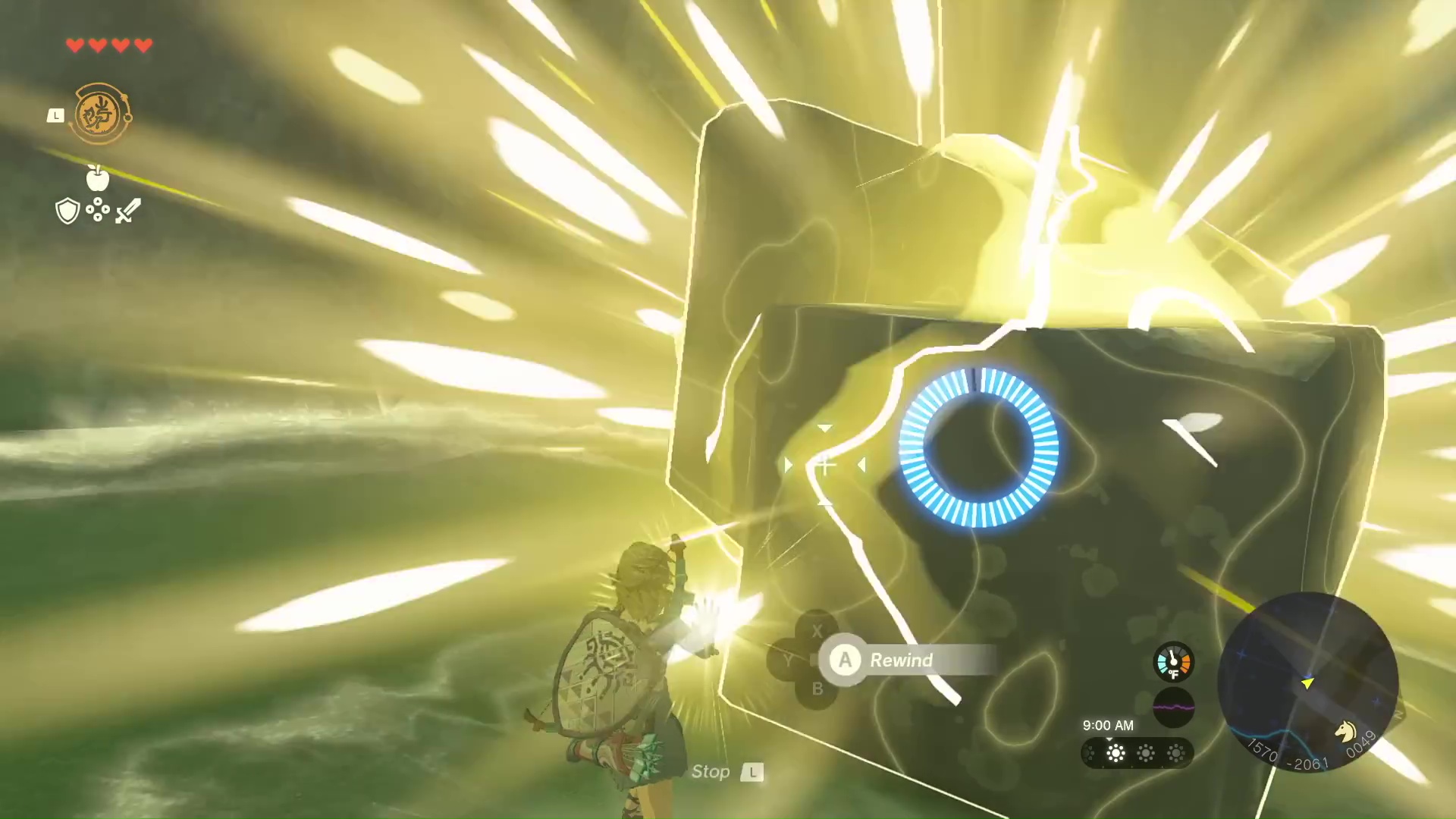The anatomy of Link: What makes Zelda's protagonist one of the greatest of all time?
What is it about the Hero Of Hyrule that makes him such a compelling protagonist across many adventures?

A persistent evil dwells in the kingdom of Hyrule, an ancient, primordial force of malevolence that rises time and again to claim dominion over the land and all who dwell there. Over the course of centuries, the ordinary people of the kingdom have come to fear and dread the name of Ganon, usually as his previous appearance has faded from living memory. But while this wicked spirit cannot be truly extinguished, there exists a counterpart whose role is to turn back this menace, no matter how bleak the situation may have become – and that personification of virtue is Link.
Link's world-saving adventures often involve common elements: the need to rescue Princess Zelda, the fight against Ganon and the use of items including the Master Sword and the Triforce. But quite often his methods of achieving these goals differ between games – he may time travel, navigate the ocean or even transform into a wolf. That's because Link is not a single hero, but instead the latest in a long line of legendary champions to bear the name. This means that Nintendo has always had a plausible storyline basis to revise Link's appearance and abilities between games, and rarely has to contrive a reason to strip him of his skills and experience, but it's not just useful from a game design perspective.
Body confident


The fact that you're always playing as a new iteration of Link also serves to level the playing field. Whenever you start a new Zelda game, it doesn't matter whether you're an experienced veteran of the series or a brand-new player – everybody starts from the same place. Nobody has to remember what happened in the previous game because Link rarely does; very few games in the Zelda series are direct sequels. Whenever you meet a new character for the first time, Link is doing exactly the same. There's a connecting thread that ties the whole story together if you're willing to look for it, and many people have spent a lot of time doing exactly that, but there's no need to concern yourself with it if you just want to have a good time with a Zelda game.
But despite the fact that nothing has to be the same from game to game, many elements often are. Very rarely does a game start with Link explicitly given the aim of saving his world. Link is usually young, anywhere from about ten years old to a teenager/young adult, and more often than not, he's considered to be rather lazy by those around him. In fact, it's uncommon for him to even be ready for combat, as in many games one of his first quests will typically involve finding a sword and shield to actually fight with. But before long, he will be drawn into the greater quest, and along the way, he'll usually master a variety of new items and abilities along his long route to victory.
Another thing that seldom changes is Link's verbosity, or lack of it. Link isn't strictly mute a lot of the time, in that other characters can hear what he's saying and respond to him, and he tends to be portrayed as being brave and compassionate in these interactions. But beyond those broad brush strokes of personality, Link's actual words are never revealed to the player, with Nintendo's developers claiming that this is to better allow players to identify with the character and imagine their own interpretation of his conversations.

Indeed, Link is meant to be a character that players can easily project themselves onto, and as the star of action-packed adventures, we can readily identify with Link's accomplishments and development as our own. While he'll grow more resilient by collecting hearts and gain additional power by upgrading his sword, whenever you finally solve a tricky dungeon or best a troublesome boss, it's a shared victory and a shared bit of development. Link's wisdom is your wisdom, and likewise his fighting prowess.
At the most basic of levels, Link's various incarnations over the years have cast him as one of the most enduring heroic archetypes – an ordinary person who does extraordinary things. It's a reminder that heroes are made, not born – we don't have to be told that Link is a hero, because we watch him grow into one over the course of each game, and that's what makes him such an enduring icon of the gaming world. With his youth, he presents a world ripe with potential where you can carve your own path. With his skills, he allows us to perform athletic feats and combat manoeuvres that few of us could hope to pull off in real life. And with his silence, he invites us to step into his shoes – and even if we're just ordinary people playing a video game, he enables us to become the heroes we wish to be.
Weekly digests, tales from the communities you love, and more
Keep up to speed with all of our celebratory Zelda coverage with our The Legend of Zelda celebration hub
Nick picked up gaming after being introduced to Donkey Kong and Centipede on his dad's Atari 2600, and never looked back. He joined the Retro Gamer team in 2013 and is currently the magazine's Features Editor, writing long reads about the creation of classic games and the technology that powered them. He's a tinkerer who enjoys repairing and upgrading old hardware, including his prized Neo Geo MVS, and has a taste for oddities including FMV games and bizarre PS2 budget games. A walking database of Sonic the Hedgehog trivia. He has also written for Edge, games™, Linux User & Developer, Metal Hammer and a variety of other publications.



